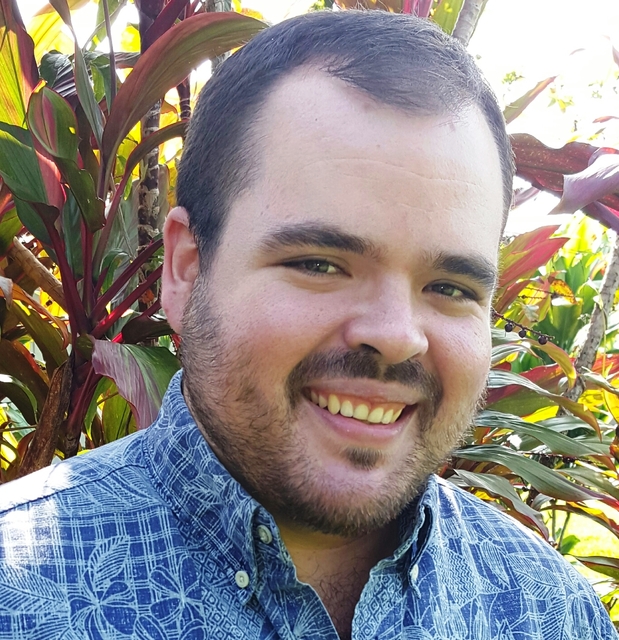The third try might be the charm for securing legislative funding for rat lungworm disease research. ADVERTISING The third try might be the charm for securing legislative funding for rat lungworm disease research. Companion bills introduced in the state House
The third try might be the charm for securing legislative funding for rat lungworm disease research.
Companion bills introduced in the state House and the Senate would appropriate money to the University of Hawaii at Hilo for continued management of the disease as well as educational outreach and laboratory research.
East Hawaii, particularly Puna, is considered the United States’ epicenter for the disease, which people contract by coming into contact with a parasitic nematode, Angiostrongylus cantonensis. Rats and mollusks such as snails and slugs host the nematode at various points of their life cycles. People typically become infected after eating unwashed produce.
In most cases, the disease causes flu-like symptoms. Because it affects the central nervous system, it also can cause paralysis and lead to comas or, in rare instances, death.
Researchers at the UH-Hilo School of Pharmacy investigate rat lungworm disease while relying on funding sources such as the Hawaii Community Foundation and the Hawaii Invasive Species Council. Work also is being done at the U.S. Pacific Basin Agricultural Research Center.
This is the third consecutive year state legislators have attempted to secure appropriations.
Sens. Russell Ruderman, Josh Green and the late Gil Kahele introduced a bill in 2015 that was carried over to last year’s session. That bill did not receive a hearing. Ruderman introduced a second bill last year that was heard before committees but did not cross over.
This year’s bills were introduced in the Senate by Kahele’s son, Kai, D-Hilo, who now sits in his father’s Senate District 1 seat, and in the House by freshman Rep. Chris Todd, D-Keaukaha, Hilo, Panaewa, Waiakea.
“It’s something the Big Island delegation has been pushing for for a while,” Todd said. Ruderman in particular, who represents Puna, has “really been an advocate for this.”
“It’s something we definitely want to take a look at, and it’s not something that’s really well known here in Honolulu because it’s primarily a rural issue,” Todd said.
The Senate bill was referred to its final joint committee hearing — Commerce, Consumer Protection and Health and Ways and Means — last week. The House bill had a hearing Tuesday before the Committee on Higher Education, but was deferred, effectively ended its chances of clearing the House this session.
Still, Todd said he felt good about the measure making it through in some form and that he would continue to work with fellow legislators on the matter.
The bills would provide funding for programs in the current and next fiscal years. Written testimony from the state Department of Health indicated at least $650,000 per year would be needed to provide the necessary resources for the outreach, training and research.
Email Ivy Ashe at iashe@hawaiitribune-herald.com.




